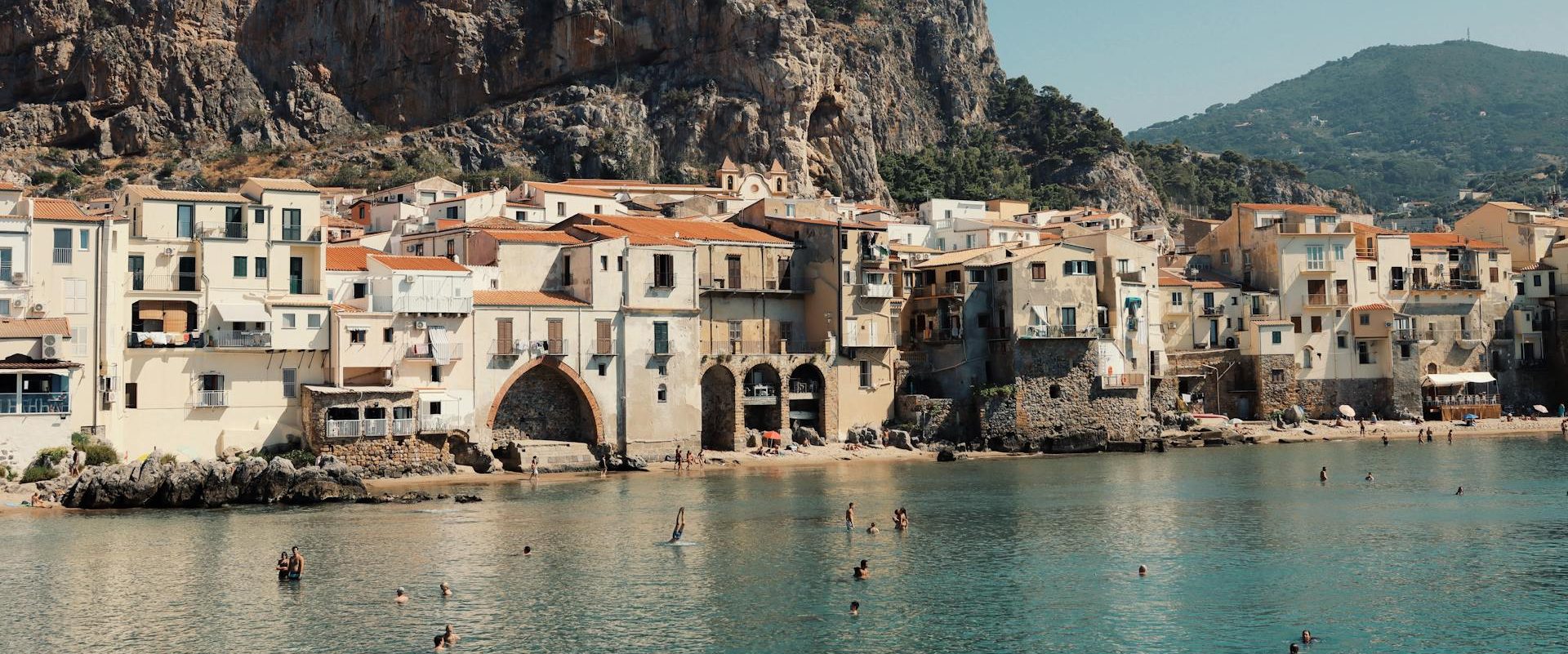
Sicily is a dream, a place destined to attract people. It’s also a place aching to attract younger people. The demographics show that 24% of citizens are 65 years or older. Italy and Portugal have one of the highest proportions of elderly residents, representing about one in four people. Italy ranks as the European Union’s most senior nation, as per the newest Eurostat data, indicating that the median age of its population has exceeded 48 years. These factors are causing concerns among economists worrying about the country’s future. To address the challenges an ageing population poses, the Italian government has implemented several programs and initiatives to mitigate the economic impact, such as the 1 Euro House Program. We want to bring this possibility to your attention and address Sicilian opportunities in particular.
With its rich history and diverse culture, Sicily offers expats a unique experience. The island’s heritage is evident everywhere, from ancient Greek temples to Norman architecture. In Sicily, you can find the most important medieval construction, the Mussomeli Castle. Sicily’s Mediterranean climate, stunning landscapes, and vibrant local communities make it an attractive destination for those seeking a novel lifestyle.
Building relationships with locals is crucial. Learning Italian, participating in community events, and respecting local customs can facilitate integration. Many expats find that community activity helps them feel more at home. Sicily is deeply rooted in Catholic traditions, which play a significant role in daily life and local customs. Religion is integral, with many Sicilian towns and cities celebrating patron saints with grand festivals and processions. For instance, Catania hosts one of the world’s largest religious festivals in honour of Saint Agatha, celebrated in February and August with elaborate decorations, lights, and communal participation. Understanding and respecting these traditions can help expats integrate more into the community. Besides religious festivals, traditional customs involving cuisine and art are another vital aspect of Sicilian life.
Buying houses for 1 Euro in Italy has gained international attention. These homes, often needing significant renovation, are offered at a nominal price to encourage investment and regeneration of rural areas. The initiative aims to counteract urban migration and restore the vitality of small towns.
To participate, start by researching eligible locations offering properties. Each municipality sets its requirements, typically including residency commitments and a renovation plan. For example, in Mussomeli, you can buy a house for one Euro with the promise to finish its renovation in three years; if you fail to achieve the agreement, you are charged a 5000 euro penalty. Contact the chosen town’s authorities to obtain application forms and understand each process. Prepare a detailed renovation plan for approval, ensuring it meets local regulations. Consider legal and financial aspects, such as property ownership and taxes. Seek local support for legal advice and translation services if needed. It’s possible to do this without legal help, although it isn’t advisable. These processes must meet all the requirements thoroughly. It’s not good to start with the left foot, paying extra because of penalties for avoidable mistakes. Once approved, commit to the renovation project and complete it within the specified timeframe. We can’t stress enough that detailed research into specific town requirements is crucial as they can vary widely; it is better to be safe than sorry.
Yes, the 1 Euro House Program continues to be available in various Italian towns, including those in Sicily. The program’s success has encouraged other municipalities to join, offering more opportunities for potential buyers. To secure your 1 Euro house, you can visit the official websites of Sicilian municipalities or local government offices, which often list available properties under the program. Additionally, explore local news websites, forums dedicated to expats and property buyers in Sicily, and social media platforms for discussions and updates. Contact local real estate agencies that specialise in 1 Euro houses, as they can provide current listings and guidance. Lastly, browse classified ad websites where private owners sometimes list these properties independently. Using these resources comprehensively should help you find the latest information on 1 Euro houses in Sicily. Investing in a 1 Euro house can be highly rewarding, provided you are prepared for the challenges. Successful buyers often cite the joy of restoring a piece of history and integrating into the local community as key benefits. However, it requires dedication, financial investment, and patience.
Recent developments highlight the need for caution. Prospective buyers should verify the 1 Euro house program’s reputation, search for well-known, trusted real estate agents and consult legal experts to avoid scams. Take precautions such as verifying the authenticity of the offers. For example, you can contact Sicily’s municipal authorities directly or through trusted sources. Working with reputable real estate agents specialising in these transactions can provide additional security. Consulting legal experts knowledgeable about Italian property law and local regulations is advisable to navigate potential pitfalls. Finding a professional to assist you with the translation is essential if you don’t speak the local language. The guidelines and paperwork, including renovation plans and property titles, must be clear before you even think about signing. Following these steps will help you avoid fraudulent schemes or unexpected complications. Staying informed about recent developments and local updates regarding the program is also a wise decision.
While the 1 Euro house program is enticing, there are important considerations. Buyers must commit to renovating the property within a specified timeframe and meet local regulations. Costs for renovations, taxes, and permits can add up, so thorough planning and budgeting are essential. Also, this investment can come with the relocation process to Italy, which involves more bureaucracy, such as customs clearance implications, shipment of goods, the necessary documents, application with local authorities and more. Here are some helpful information and the key areas to consider:
Buying Without Being in Italy:
Buying While Still a Tourist:
Does Buying Give Me Permit to Stay?:
Taxes:
Residency:
The first steps are often associated with finding a real estate agent or a lawyer. Still, you can leap by contacting a customs broker to manage the paperwork necessary to arrange your and your belongings’ entrance into the Italian borders. Getting a tailored service that provides the proper instructions for your next steps is more than half the job done. VanOne is dedicated to facilitating your removal to Italy. From house removals to Italy, including full property insurance, to ensuring customs clearance, we offer comprehensive services to make your move as easy as possible. Whether you need door-to-door collection and delivery or prefer storing your items in a warehouse, our team supports you every step. Visit us at VanOne International Movers and see how easy it is to generate your quote. Let us show you a new reality and make your dreams come true.
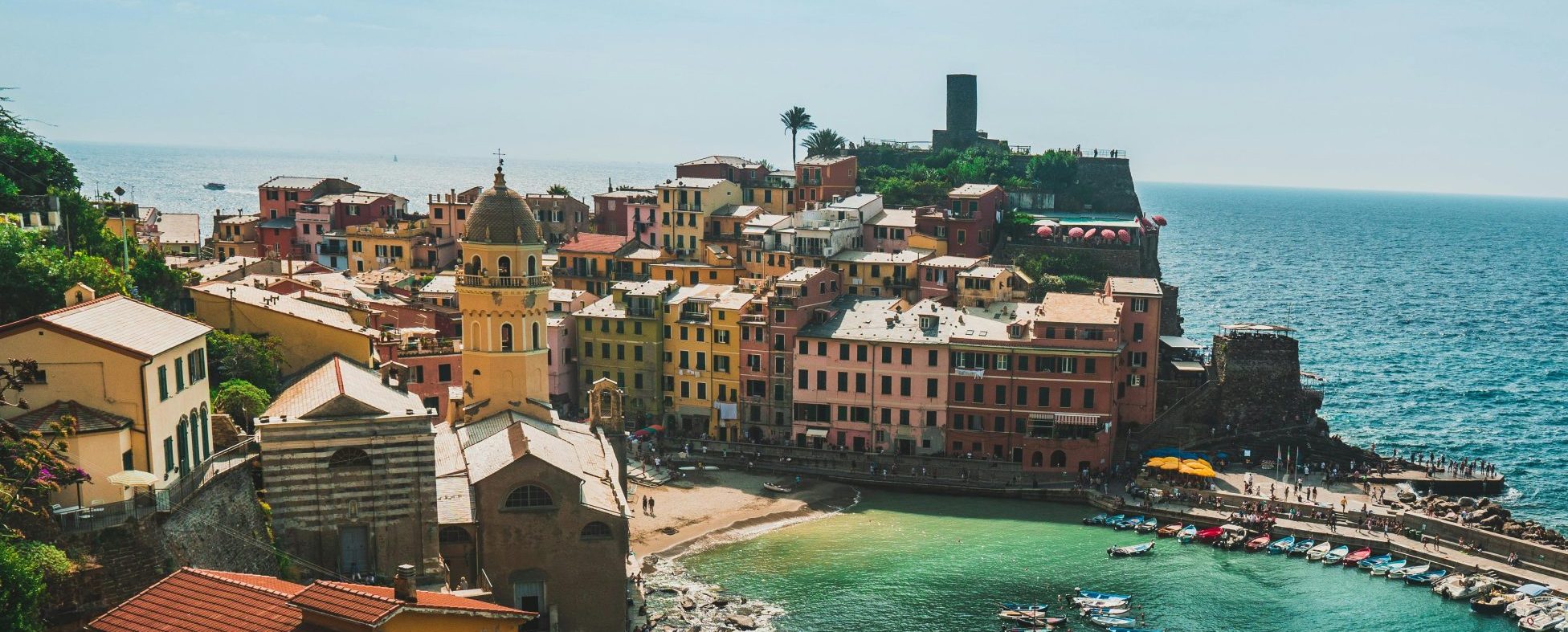 Italy vs Portugal: Where Should I Relocate?
Italy vs Portugal: Where Should I Relocate?Italy vs Portugal: Where Should I Relocate? Choosing a new country to call home is a significant decision,…
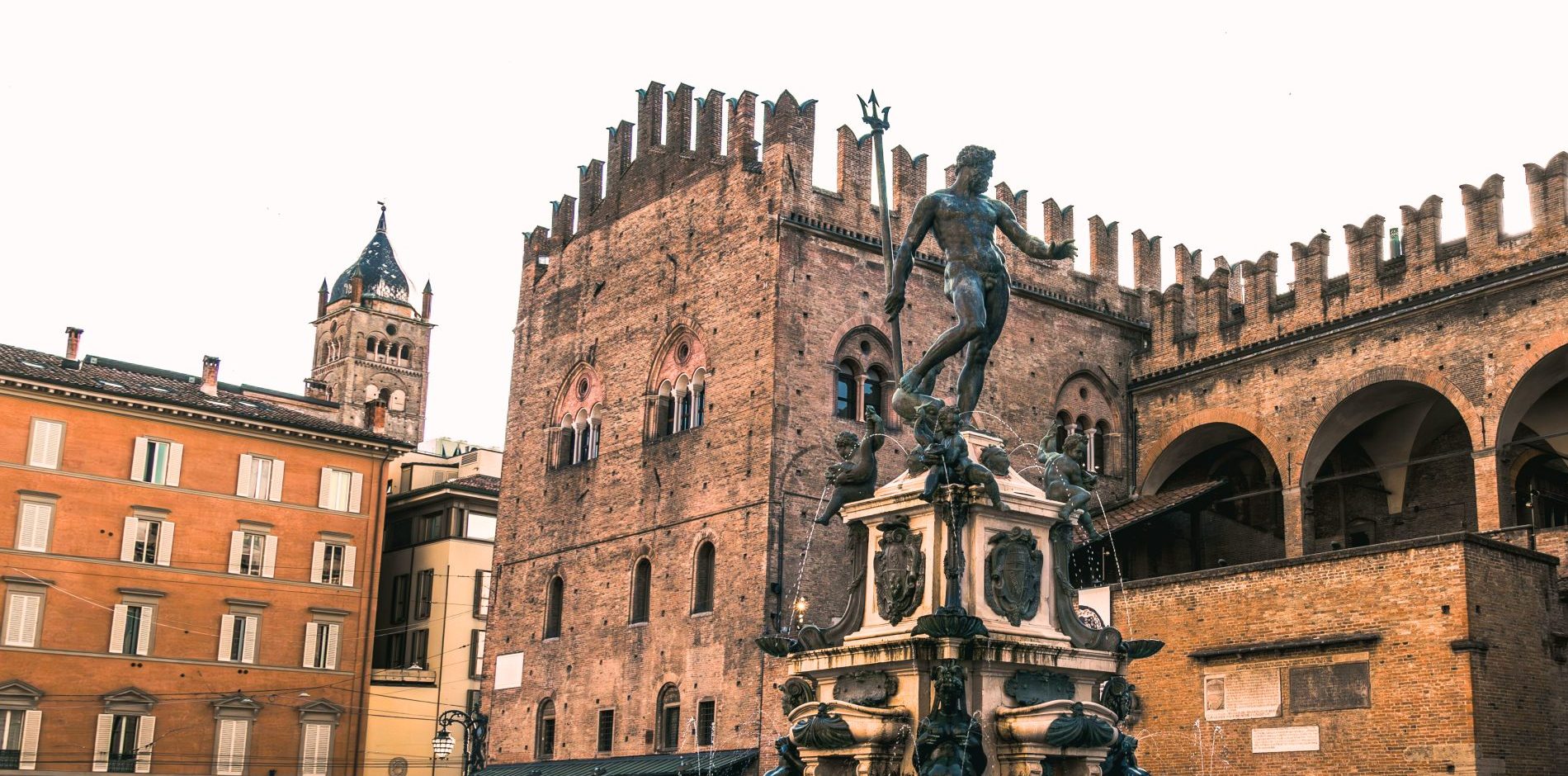 Is It Expensive to Live in Bologna?
Is It Expensive to Live in Bologna?Is It Expensive to Live in Bologna? The best you can do is research nonstop until you find…
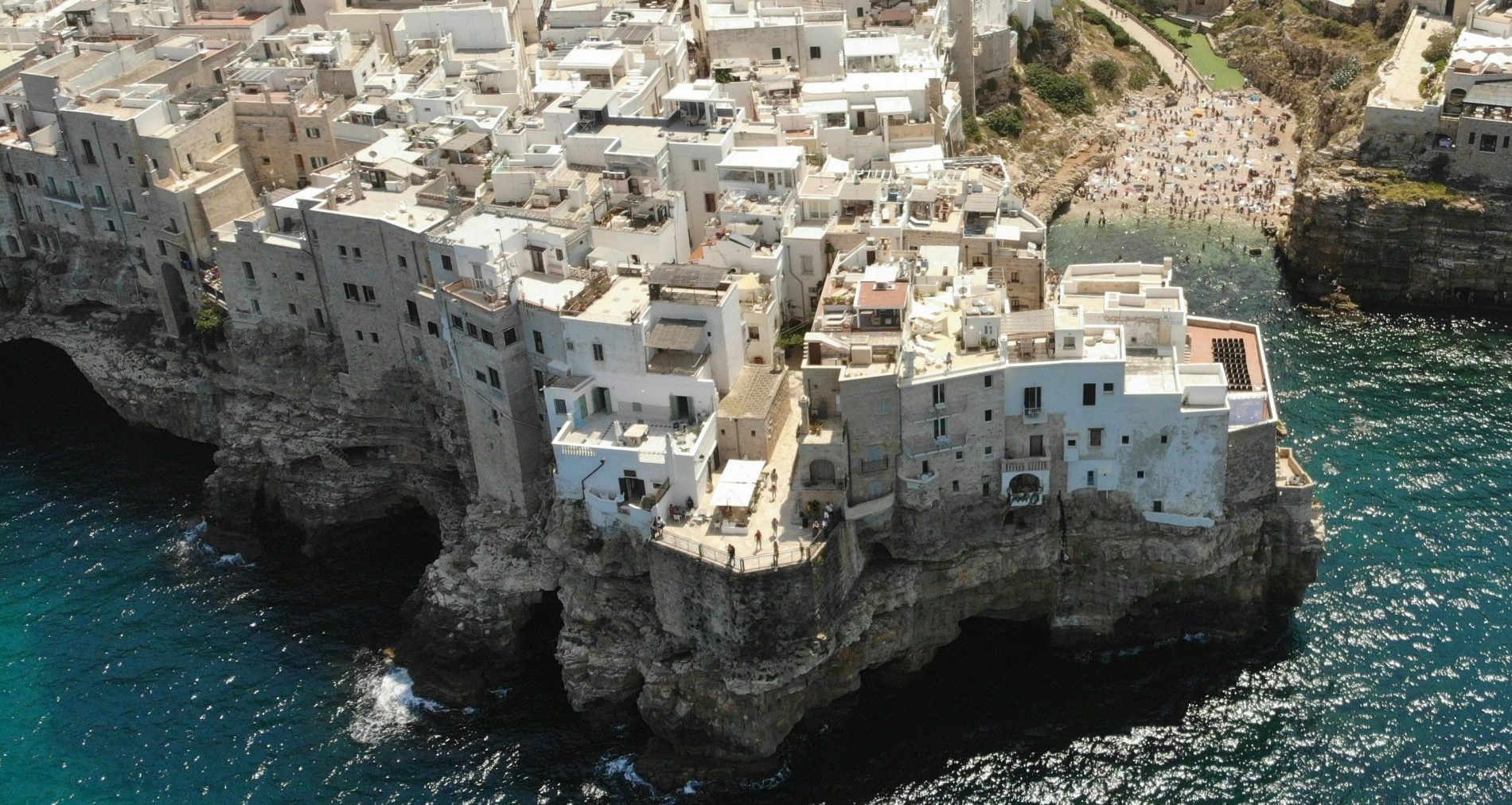 How Challenging Can Life Be in Italy? Guide for Potential Expats
How Challenging Can Life Be in Italy? Guide for Potential ExpatsHow Challenging Can Life Be in Italy? Guide for Potential Expats Deciding to move to a new country…
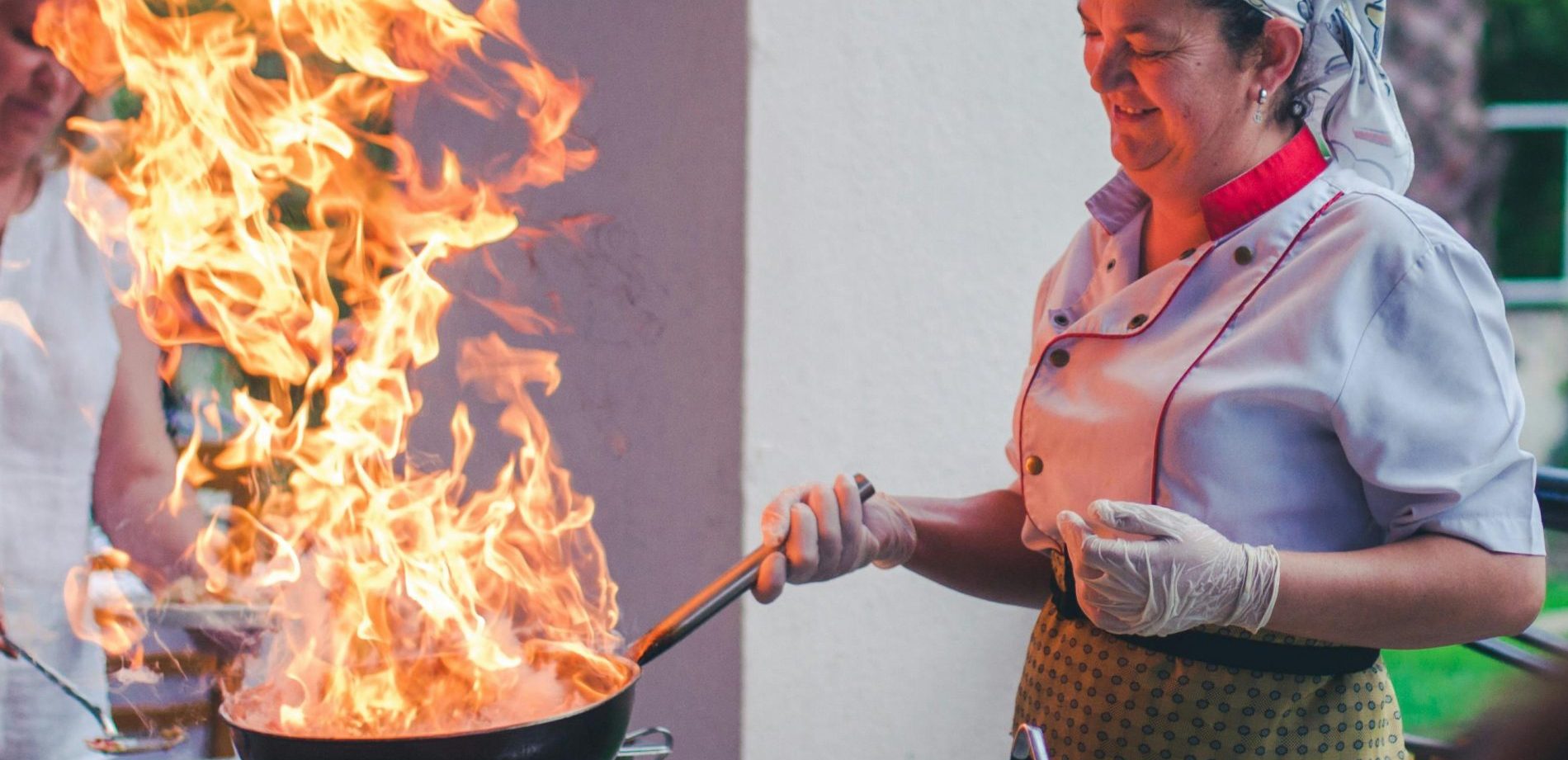 7 Places to Eat in Bologna: Gems Every Foodie Needs to Visit in Bologna
7 Places to Eat in Bologna: Gems Every Foodie Needs to Visit in Bologna7 Places to Eat in Bologna: Gems Every Foodie Needs to Visit in Bologna Bologna, often dubbed the…